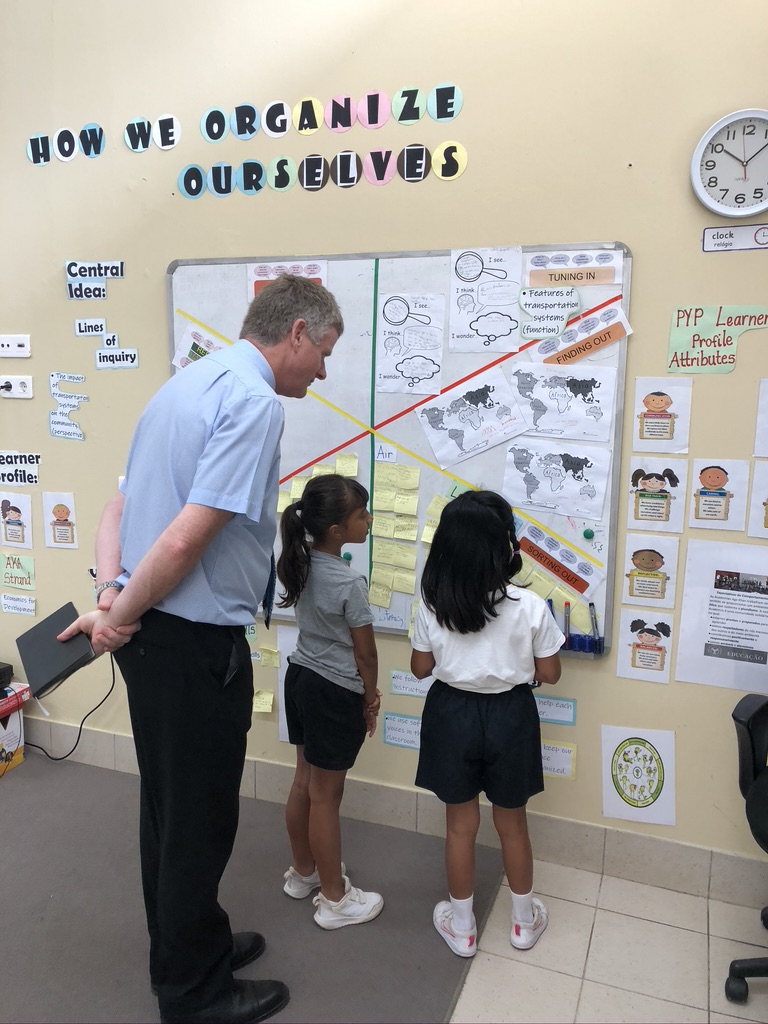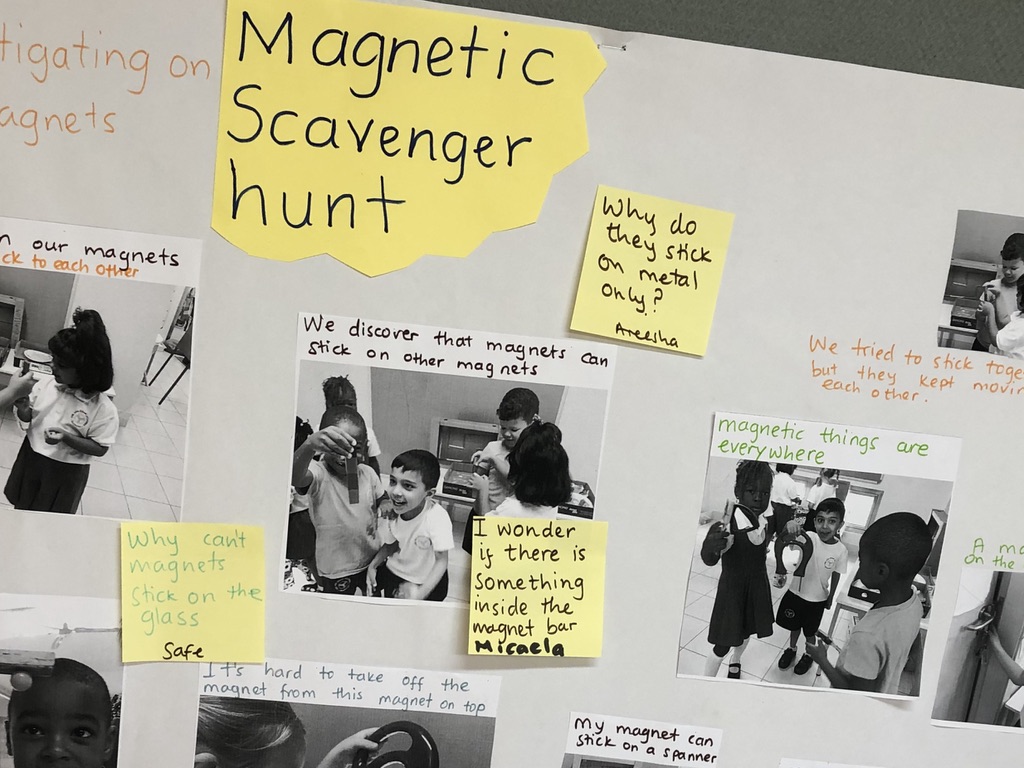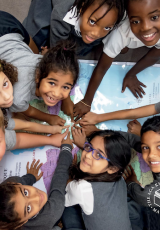Learning through inquiry
The key to success for students is making sure they are engaged with any material they are learning. Our Junior School Principal, Maike Silver believes inquiry-based learning is an approach to learning that emphasises the student’s role in the learning process. In this article she discusses the approach of inquiry based learning.
We know that innovation, critical thinking and problem solving are among the most highly regarded qualities in the world today. How do we develop these skills in children, so that they can succeed in this global competitive world?
Inquiry, the leading pedagogical approach at the Aga Khan Academy Maputo, encourages students to ask questions, explore materials and collaborate with peers and teachers to construct meaning.
Following the inquiry cycle inspired by Kath Murdoch, teachers at the Academy use guiding question, provocative statements and videos as well as picture prompts related to real life situations to spark students’ curiosity in the tuning in phase of the learning process. Curiosity leads students to dig below the surface of basic understanding and engage in new ways of learning. Having students ask powerful questions that drive their own learning is an essential skill developed at the Academy. This skill takes time and practice to master. Teachers anchor student questioning practices through asking questions themselves. Prompts that help students define what they are asking, create more open-ended answers, and stimulate further questions.
Once students have identified initial questions, they continue the inquiry process by finding out relevant information. They explore material in the Academy library as well as via the internet. Nowadays, knowledge is plentiful and at our fingertips through technology.
Sorting out this information is a skill the students learn in collaboration with peers and teachers. At this stage new questions might come up or students realise the need to go further and dig deeper into an idea. Throughout the process students are asked to reflect and make connections between prior and newfound knowledge. Once all the information is gathered and sorted students are asked to draw conclusions. Questions such as, “How can I share what I have learned?” or “What information should I share?” guide this process. All learning needs to be meaningful and purposeful so students are prompted to think about “What can I do with what I have learned?” or “How can what I have learned help me and/or others?” This process leads to students taking responsible actions, thinking beyond facts and knowledge. Simultaneously, it allows educators to step away from old, entrenched practices of providing knowledge.
Being able to ask powerful questions and finding different pathways for answering them is the beginning of all of human ingenuity. It is what separates us from other animals and from machines.
At the Aga Khan Academy Maputo, learning through inquiry focuses on developing critical thinking and problem-solving skills within students. The process of inquiry is at the heart of student learning at the Academy, and even with the school closure the principles are embedded in our online learning program. In the words of Albert Einstein, “Give students something to do, not something to learn; and doing is of such a nature as to demand thinking and learning in the process.”






